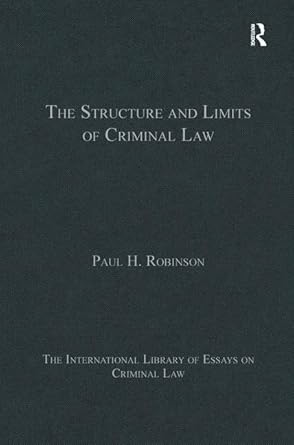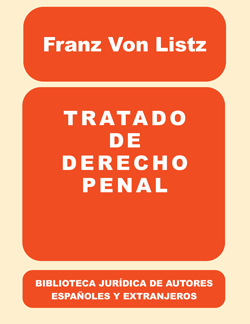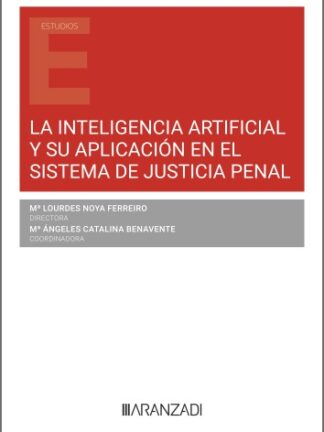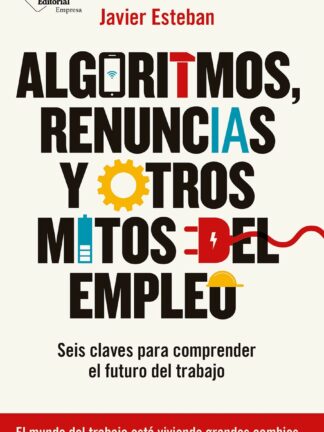Descripción
The Structure and Limits of Criminal Law
This volume brings together a collection of essays, many of them scholarly classics, which form part of the debates on three questions central to criminal law theory.
The first of these questions is: what conduct should be necessary for criminal liability, and what sufficient?
The answer to this question has wider implications for the debate about morality enforcement given the concern that the ’harm principle’
may have collapsed under its own weight.
Secondly, essays address the question of what culpability should be necessary for criminal liability, and what sufficient?
Here, the battles continue over whether the formulation of doctrines – such as the insanity defense, criminal negligence, strict liability, and
others – should ignore or minimize the extent of an offender’s blameworthiness in the name of effective crime-control.
Or, are methods of accommodating the tension now in sight? Finally, essays consider the question of how criminal law rules should be best
organized into a coherent and clarifying doctrinal structure.
The structure grown by the common law process competes not only with that of modern comprehensive codifications, such as the America Law Institute’s Model Penal Code, but also with alternative structures imagined but not yet tried.
Paul H. Robinson
Paul H. Robinson es catedrático de Derecho penal en la Universidad de Pennsylvania y director de su centro de investigación en Derecho penal. Además de ser autor de numerosos artículos y libros, todos ellos publicados en las más prestigiosas revistas y editoriales jurídicas anglosajonas, el profesor Robinson ha trabajado para la fiscalía federal y el Subcomité de Justicia Penal del Senado de los Estados Unidos y ha participado como experto en la redacción de las Directrices federales para la individualización de la pena (Federal Sentencing Guidelines). Ha colaborado así mismo en la elaboración de los proyectos de Código penal de los estados de Illinois y Kentucky y, recientemente y bajo los auspicios de las Naciones Unidas, en el primer proyecto de Código penal islámico.






